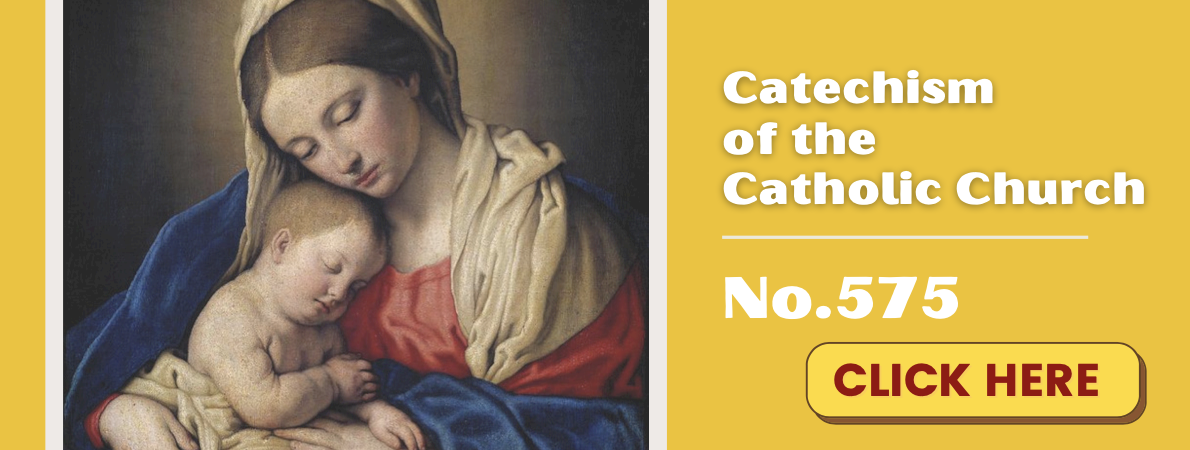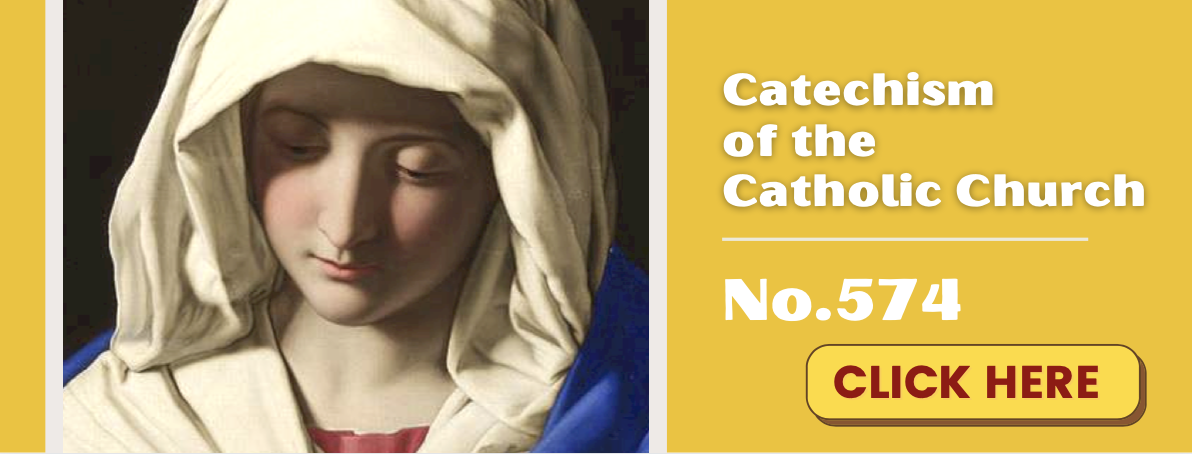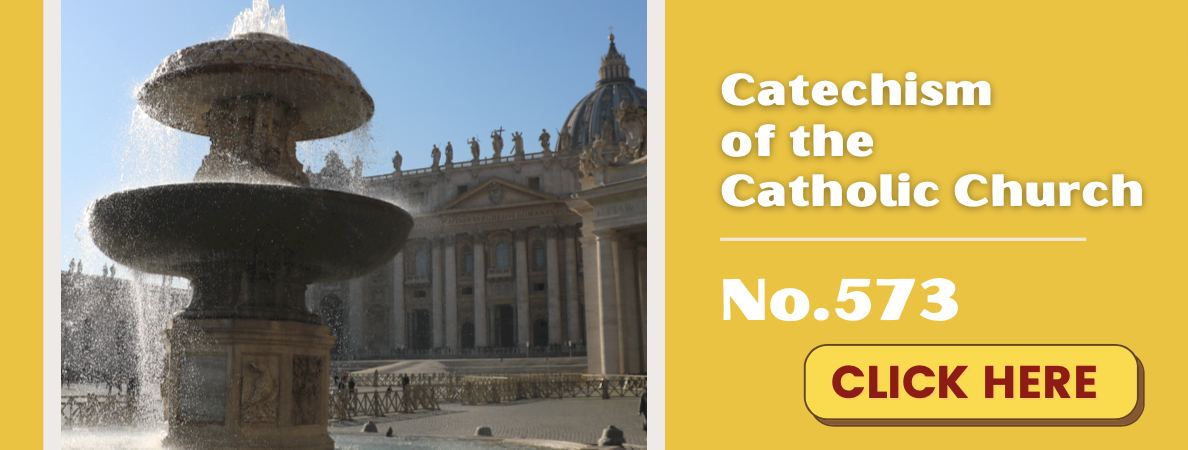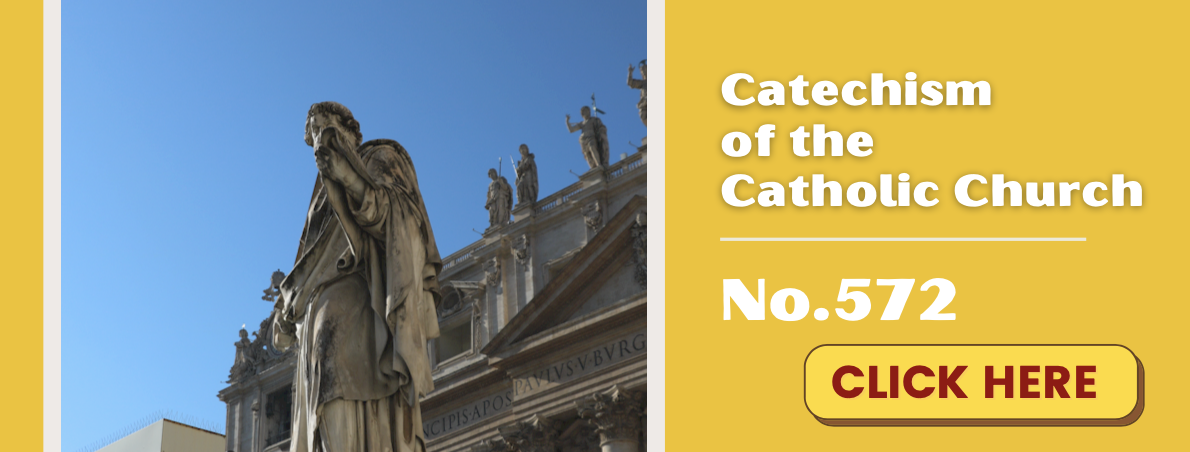The Seventh Day in the Octave of Christmas



“For greater things you were born.” (Ven. Mother Luisita)
FRIDAY, December 31st Jn. 1: 1-18 “The light shines in the darkness, and the darkness has not overcome it.”
“The LIGHT OF CHRIST in the Gospels! Our daily holy hour on the Word of God—to know Christ, love Christ, follow Christ, and develop a deep abiding friendship with Christ.
The LIGHT OF CHRIST through the Church He established and the Sacraments: “I tell you, you are Peter, and on this rock I will build my church, and the powers of death shall not prevail against it. I will give you the keys of the kingdom of heaven, and whatever you bind on earth shall be bound in heaven, and whatever you loose on earth shall be loosed in heaven.” (Mt 16:18-19)
The LIGHT OF CHRIST through the Spiritual Exercises given to Saint Ignatius of Loyola by Our Blessed Mother Mary. Countless saints have been forged through their experience of the Spiritual Exercises. We ourselves can attest to this: there is our life before the Exercises, and our life after the Exercises!
The LIGHT OF CHRIST through Spiritual Reading! Our Spiritual Father, Saint Ignatius was converted through spiritual reading! Today, Father Ed helps us appreciate Spiritual Reading with the hope that we will give some time daily to this practice for our deeper conversion!
THE MARVELS OF THE PRACTICE OF SPIRITUAL READING! By Fr. Ed Broom, OMV
After being wounded in the now famous Battle of Pamplona, Ignatius, the future Saint Ignatius of Loyola, had a long time of convalescence; the recovery was indeed very slow and very painful.
An advantage that Ignatius had over many living in his time in the 16th Century was that he was literate—he could read; most people in his epoch could not. As a youth, his literary tastes left much to be desired in the realm of spiritual growth and the pursuit of sanctity. In truth, his literary flavor consisted basically of the Romance novels—worldly, somewhat superficial, sensual, and lacking any spiritual depth.
To while away the time, a relative did not give Ignatius the Romance novels to peruse that he requested, but the Lives of the Saints. At first resistant and turned off by this tenor of literature, Ignatius finally capitulated and succumbed to such reading.
Something extraordinary took place in his mind, his emotions, his heart and his soul—in a word, in his whole being! Heroes of God that they were, the saints totally captivated the interest of this wounded soldier. No longer would he be a soldier defending his country against foreign attacks; on the contrary, he would soon be ready to enlist in the army of Christ. The Eternal King would knock at the door of Ignatius’ heart; he would open the door and welcome such a King, and follow this King’s noble enterprises!
As Ignatius read the lives of the saints, a fire ignited and exploded in his heart. It was the working of the Holy Spirit. Enamored as he was by the most noble deeds of the saints, he wanted to imitate them. He thought and expressed himself as such: “If Dominic could do it, then so can I. If Francis could do it, then so can I. If Augustine could do it, then so can I.”
The initial stages of the gradual conversion of Saint Ignatius of Loyola took place while he was recovering from the serious wounds inflicted in the Battle of Pamplona—his intense suffering, but also the large blocks of silence that Ignatius experienced, moved him to read the lives of the saints—to reflect on them—and so turn a corner and start a new life. This new life meant to follow Christ in imitation of the Friends of Jesus—we call them the SAINTS!!!
These introductory remarks on the conversion of Saint Ignatius of Loyola can serve as a platform for all of us to dive into the immense ocean of graces that flow from the practice of SPIRITUAL READING. Some even like to term this exercise as LECTIO DIVINA.
The remainder of the article will focus on the indispensable practice of Spiritual Reading as one of the most efficacious tools to help us on the Highway to holiness, the pathway to Heaven!
We hope and pray that these suggestions and advice can serve to motivate all of us to take seriously the practice of orderly, systematic and methodical Spiritual Reading.
1. SPIRITUAL DIRECTION. If we take seriously our spiritual life and pursuit of holiness, we must have a trained Spiritual Director and have recourse to their expertise on a regular basis.
2. TOPICS FOR SPIRITUAL READING. Then in the context of spiritual direction, with the aid of a good spiritual director, you can discern and come to the conclusion as to which books would be best for you at this specific time and juncture of your life.
3. CHOOSE THE BEST! The late Spiritual Giant, writer, speaker, and Retreat Master, Father Thomas Dubay, made this assertion that can be of tremendous utility for us in our spiritual path towards holiness. “Busy people today have time to read only the best books!” I believe many of us can identify with this statement. Given that we may not have an excess of time on our hands, then we should choose the book that is best for us right now!
4. TEN OF THE CLASSICS. There are classics in Spiritual Literature that all of us, sooner or later, should have contact with and read. There will be various opinions as to some of the greats, but I will mention the following: 1) The Bible—this should always be number one! 2) The Imitation of Christ by Kempis. 3) Confessions by Saint Augustine. 4) Introduction to the Devout Life by Saint Frances de Sales. 5) The Glories of Mary by Saint Alphonsus Liguori. 6) The Interior Castle, The Way of Perfection and Her Life—all by Saint Teresa of Avila. 7) The Spiritual Exercises by Saint Ignatius of Loyola. 8) The Documents of Vatican II (Translation, Austin Flannery). 9) The Divine Comedy by Dante. 10.) Catechism of the Catholic Church, Pope Saint John Paul II. With the assistance of adequate spiritual direction these classics can be of incalculable value in learning our Catholic faith, loving our faith, and transmitting it to others.
5. FIND TIME AND A PLACE FOR YOUR READING. We can have the greatest of classics in literature, however, if we do not set aside time for good solid reading, it is purposeless and useless! Books laying on a shelf or table will only collect dust, moths, mold and mildew. Better to have these books falling apart due to overuse! A friend of mine in my yearbook at Graduation penned this motto: “Better to wear out than rust out!”
6. FOLLOW A LECTIO DIVINA METHOD. Picture SPIRITUAL READING as a true Spiritual Exercise. You might follow these steps as you do your spiritual reading: Lectio (Read attentively), Meditatio (Think on its meaning); Contemplatio (Imagine yourself present); Oracio (Spend some time in prayer—talk to the Lord about what you are reading.)
7. STOP AND RELISH THE TRUTH. As you read, when some word, concept, or idea seems to jump out at you, stop and relish this idea. Quite possibly it is the Holy Spirit who is touching you, gently nudging you to stop, to reflect, and to absorb this spiritual gem and treasure.
8. UNDERLINE. There is no legal prohibition to prevent you from underlining, high-lighting or marking an idea that seems to have really touched you. You might even write down in a journal or notebook the words, ideas, or concepts that jumped out at you most in your reading!
9. THE NUMEROUS FRUITS OF SYSTEMATIC SPIRITUAL READING. The positive fruits of spiritual reading are plentiful. We will mention just a few so as to encourage all of us to undertake the most noble spiritual enterprise of spiritual reading.
1) DISCIPLINE. By this habit of Spiritual Reading we are forming ourselves in discipline and conquering laziness.
2) PURIFICATION OF THE MIND. Our mind can become filled with trash and Spiritual Reading serves to purify the mind of rubbish. What chlorine is to a swimming pool, so good spiritual reading can be to the mind.
3) KNOWLEDGE OF THE TRUTH. It could be that many of our ideas have become tainted with confused ideas over the decades. If so, Spiritual Reading can help cast out the confusion and fill our minds with light—the Light of the Truth. Jesus said: “I am the Way, the Truth and the Life.” (Jn 14:6)
4) GIVE WHAT YOU HAVE. It is so true that “we can’t give what we don’t have”. On the contrary, we can give what we have. As parents, it is an imperious obligation to be the Teachers of your children in the realm of the faith. By good Spiritual Reading, parents can carry out their obligation more efficiently and more efficaciously by what they continue to learn by good, solid spiritual reading.
5) CONTEMPLATIVE PRAYER LIFE. Another important aspect in our spiritual life is the following: good Spiritual Reading is the pasture ground for a deeper prayer life. A mind well-disposed by solid spiritual reading opens up the mind more fully to contemplative prayer.
6) OUR CONVERSATIONS. Another positive fruit that flows from solid Spiritual Reading is that the thoughts we absorb and assimilate in spiritual reading will flow out into our conversations with others.
7) JOY AND PEACE. Given that such spiritual reading centers on cultivating a deeper relationship with God, the fruits of such a wonderful tree are both peace and joy. These wonderful fruits of the Holy Spirit—peace and joy—we will take with us wherever we go!
8) GOOD EXAMPLE. Children, seeing Mom and Dad applying themselves to good and solid Spiritual Reading, will feel inspired to do the same. We have to preach the Word of God in two ways: by word and by example!
9) GOOD ACTIONS. Good Spiritual Reading culminates in forming a good thought process. But also, how true this is: “The thought is the father of the deed.” Such reading will culminate in carrying out good actions and growing in holiness of life.
10) THE BEATITUDE: “BLESSED ARE THE PURE OF HEART, THEY WILL SEE GOD.” (Mt 5:8) Spiritual Reading will produce in our minds a certain purity of our whole person, so that we will be able to see God more clearly in the events of our daily lives and one day in Heaven!
10. SHARE IT WITH OTHERS. The great Saint Philip Neri formed the Oratorian priests. One of the practices of this great saint was for each person to read some spiritual text, then share it with the others in the group. Each person who shared was enriching the others! So it is with Spiritual Reading well-done, not only do we enrich ourselves, but also the many others with whom we come in contact. Jesus’ last words were: “Go out into the whole world and tell the Good News!!!” (Mk 16:5) The more we know about Jesus through solid Spiritual Reading, the more Good News we will be able to share with the whole world. May Our Lady who meditated in her Immaculate Heart help us to undertake the most noble, purifying and sanctifying practice of SPIRITUAL READING!!!











